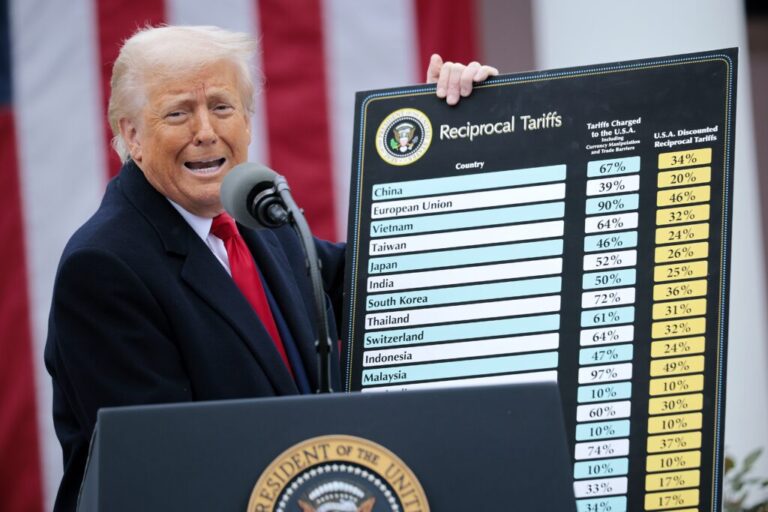Nevada’s Economic Landscape: Challenges and Corporate Responses
As the nation grapples with concerning economic indicators, Nevada finds itself in a precarious position reminiscent of previous downturns. Recent reports from the U.S. Department of Commerce confirm that the U.S. economy contracted during the first quarter of 2025, drawing attention to the possibility of a recession, defined as consecutive quarters of economic decline.
Understanding the Current Economic Challenges
Nevada, historically quick to enter economic recessions and slow to recover, faces significant hurdles. The ramifications of the Great Recession began impacting Nevada as early as 2007, with the state continuing to experience difficulties well into the next decade. A subsequent blow was dealt by the COVID-19 pandemic, which left Nevada with the highest unemployment rate in the United States.
Amidst this backdrop, the state is now experiencing fresh economic turmoil following the onset of what some are calling a “Trumpcession.” This term captures the chaos attributed to the policies and decisions of the current administration, suggesting a repeat of past economic calamities.
Corporate Performance Amidst Economic Volatility
Despite the surrounding uncertainty, some corporations in Nevada are reporting robust performances. MGM Resorts International, for instance, highlighted strong earnings during a recent earnings call. The company’s CEO, Bill Hornbuckle, emphasized MGM’s geographic diversification and its positioning to navigate these “times of volatility” effectively.
The success of BetMGM, a partnership between MGM and Entain, has also been notable, with the platform reporting healthy earnings. Adam Greengblatt, BetMGM’s CEO, remarked on the platform’s performance as indicative of a robust market, even amid widespread economic instability.
Share Buybacks: A Corporate Strategy
MGM Resorts has taken advantage of fluctuating equity market conditions to enhance shareholder value through significant stock buybacks. CFO Jonathan Halkyard noted that the company repurchased shares at favorable prices, a strategy that boosts stock prices but raises concerns about the implications for job growth and employee wages.
In 2024 alone, MGM spent $1.4 billion on buybacks, following an extensive period from 2019 to 2023 in which it invested $8.2 billion. Critics point out that such buyback strategies divert funds from potential investments in workforce expansion or improved employee benefits.
The Broader Implications for Public Services
While corporations may navigate the current economic challenges, the broader impacts on public services are profound. Reports indicate that the federal government, amidst economic downturns, is considering cuts to vital programs, including Medicaid and mental health services, disproportionately affecting states like Nevada that historically have relied on federal support.
As Nevada’s legislature contemplates budget adjustments in light of waning federal assistance, the challenges ahead appear daunting. The state’s dependence on federal funding underscores the fragile nature of its public services, particularly in times of economic strife.
A Look Ahead: What’s Next for Nevada?
The outlook for Nevada remains uncertain. While there is hope that stabilizing factors may arise, including improved consumer sentiment and economic growth, recent history suggests caution. The likelihood of continued economic struggles looms large, necessitating proactive strategies to ensure the state can sustain its public services and support its residents effectively.
Ultimately, the complexities of Nevada’s economy in 2025 reflect a broader national narrative of resilience and challenge. As corporations focus on shareholder returns, the need for equitable public funding and robust support systems becomes ever more critical.


